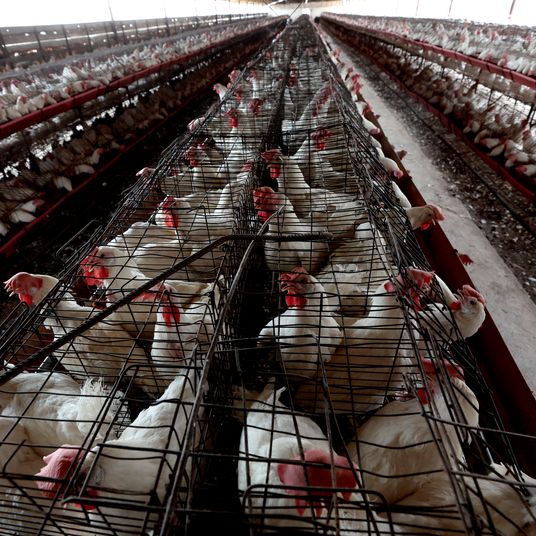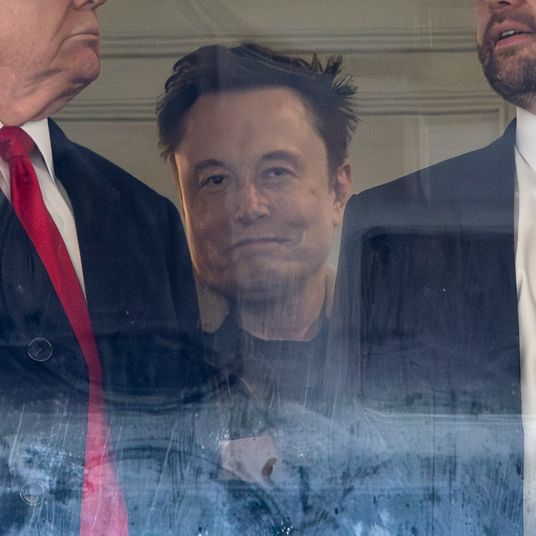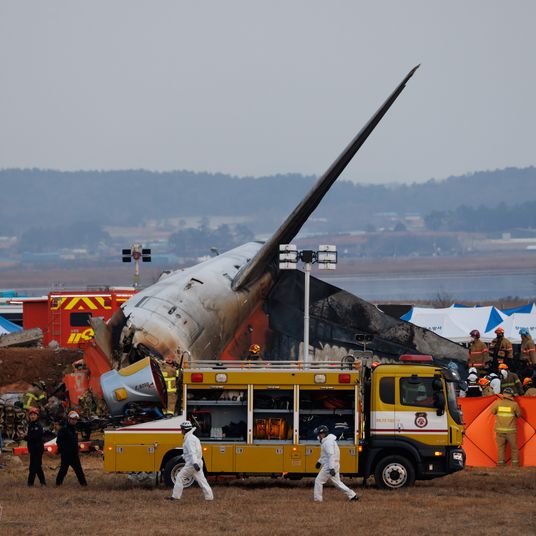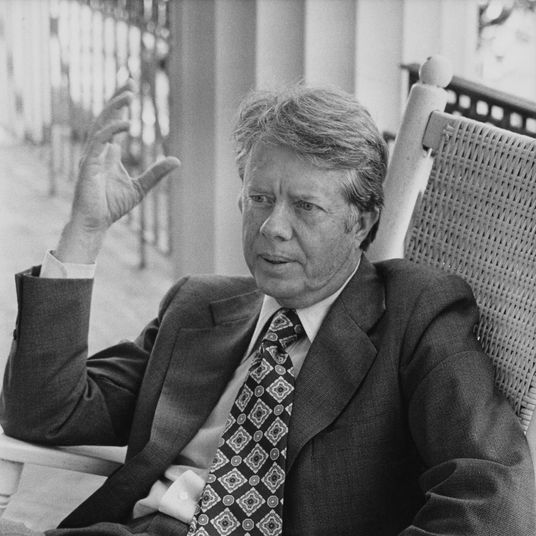
Four months have passed since the Newtown massacre. The soaring political naiveté that flowered in the wake of the tragedy was destined to be ground to bits by the crushing reality that the political fundamentals had not changed, that the forces arrayed against gun control had vastly more power than those favoring it. The illusion of movement and progress has disguised the fact that the expected value of Washington’s policy response has dropped to approximately zero.
It is true that a bill is moving in the Senate with some bipartisan support. It is not a bill aimed at America’s epidemic of routine gun violence. It’s a bill aimed at mitigating a tiny slice of it, by limiting the ability of mentally ill people to legally purchase guns. “Limiting” does not mean preventing. To make the bill politically acceptable, giant exceptions had to be created, including the exemption of private sales. “The bill is riddled with holes, and frankly it’s hard to know what it’s going to accomplish,” UCLA law professor Adam Winkler tells The Wall Street Journal.
But, alright, if you account for the massive political obstacles, “hard to know what it’s going to accomplish” still sounds sort of okay-ish. But if it passes the Senate, then it has to go through the House, where ultra-conservatives can load up the bill with any alterations they’d like, as the Washington Post reports:
Most worrisome to those who advocate new gun limits is an expected amendment that would achieve one of the National Rifle Association’s biggest goals: a “national reciprocity” arrangement, in which a gun owner who receives a permit to carry a concealed weapon in any one state would then be allowed to do that anywhere in the country. Other pro-gun proposals would make it easier for dealers to sell their merchandise between states or let certain people who had been treated for mental illness regain the right to buy weapons.
The key factor to keep in mind here is that, as the House whittles down the usefulness of the Senate bill, zero is not the lower bound. They can turn the bill into a net gun-enabler. Basically, Saturday Night Live’s cynical take on the bill is either spot-on or possibly not cynical enough:
What happened? In part, gun control was suddenly thrust onto the political agenda by a shocking event, but with little groundwork laid. The underlying dynamics that had caused Democrats to abandon gun control hadn’t really changed: Their control of the Senate rests on their ability to hold several rural red-state seats in which support for unlimited gun rights and an A rating from the National Rifle Association is a Democrat’s best way to signal cultural authenticity. Republicans still control the House, and have no interest in passing any legislation, however popular or sensible it may be, because the GOP majority rests almost entirely on districts that are drawn up with unshakable partisan majorities. (Sorry, that means a new stimulus is also completely impossible to pass.)
What happened, in other words, is: nothing. Newtown did not change the world. Any real effort to address the plague of mass gun violence will require not a catalyzing event, or even a string of them, but years of organizing and effort.






























